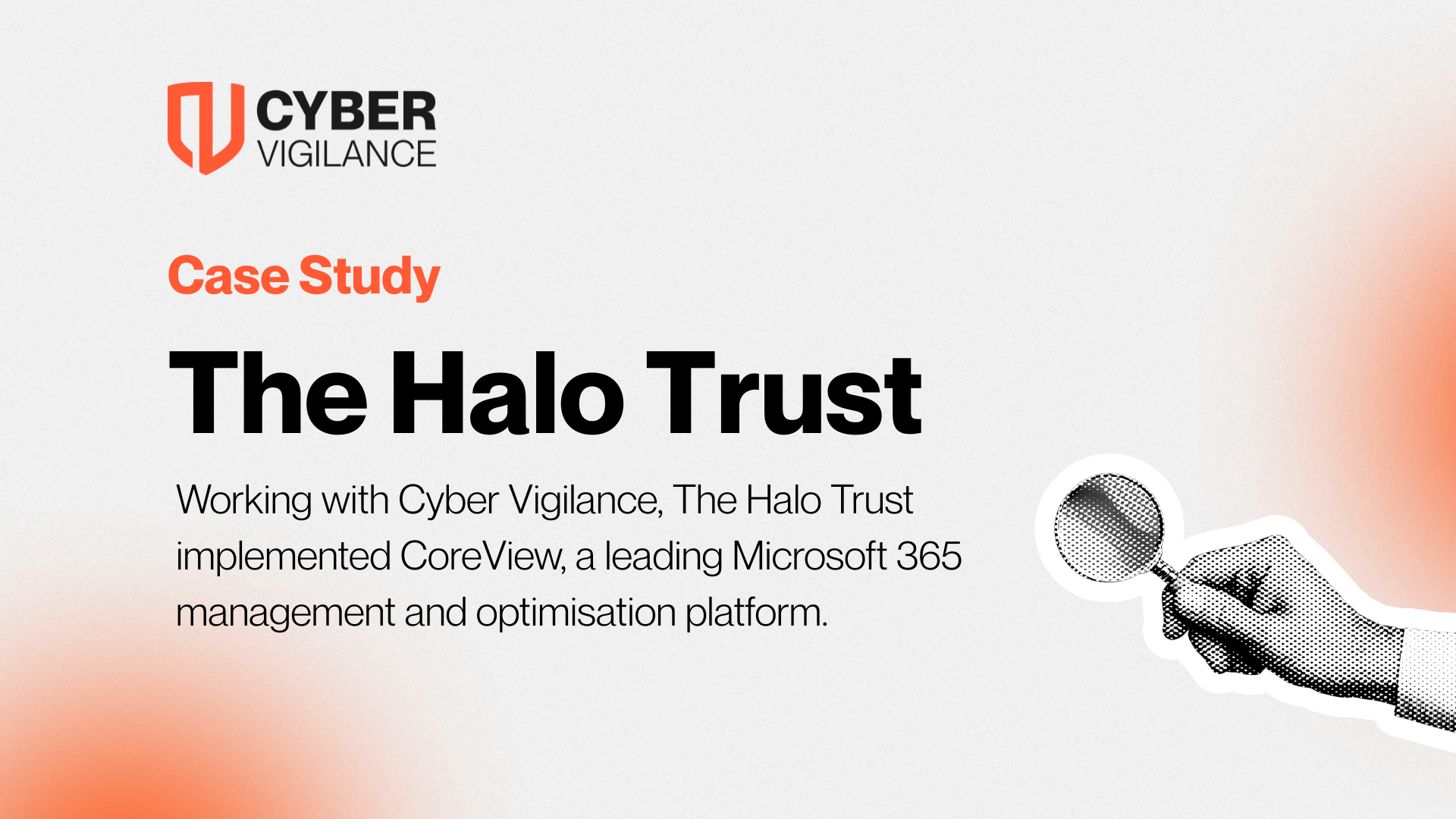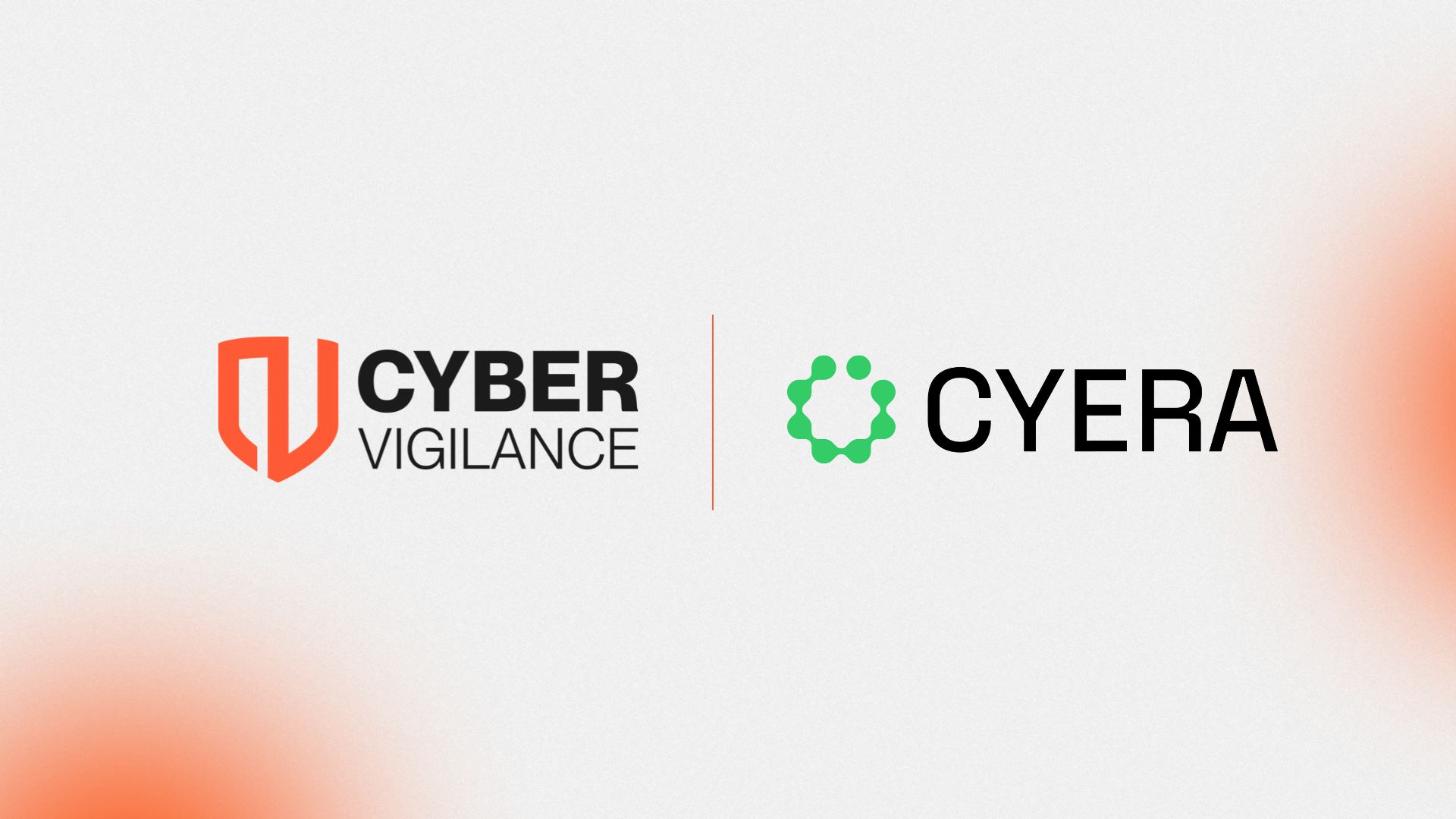Cyber Security Compliance and Regulations in the UK: What Financial Services Need to Know
The State of Compliance: 2025 and Beyond
It’s no secret that the UK’s financial services sector faces some of the world’s toughest cybersecurity regulations. For good reason, too: banks, insurers, investment firms, and fintech companies are juicy targets for cyber criminals and play a vital role in keeping the economy stable. Unsurprisingly, over three-quarters of European compliance leads saw their workload climb by more than a third in the past year alone: and over a third of UK firms faced compliance penalties last year.
The regulatory landscape can feel daunting, but understanding your core obligations, the risks, and how to approach compliance is key to thriving (and not just surviving) in 2025.
The Regulatory Alphabet Soup: What You Need to Know
Financial Conduct Authority (FCA) Rules
If your business is FCA-regulated (and chances are, it is), you face some of the UK’s strictest and most comprehensive requirements around cybersecurity. The FCA expects firms to build cyber risk considerations into their core governance, with clear reporting lines and a culture of security awareness throughout the company.
Key FCA requirements:
- A documented cyber risk management strategy
- Regular risk assessments and penetration testing
- Robust incident response planning
- Ongoing staff training and awareness
- Direct, timely reporting of major incidents to the FCA
-
Pro tip: FCA enforcement is real. Inadequate cyber risk controls led to an £8 million fine for a leading UK bank recently: so you can be sure they’re paying close attention.
Operational Resilience: 2025 Deadline Looms
Operational resilience is the big talking point for 2025. By 31 March 2025, financial institutions, payment firms, and e-money providers must prove they can withstand, adapt to, and recover from serious operational disruptions, including sophisticated cyber attacks. The rules go far beyond simple business continuity:
- Identify “important business services” that, if disrupted, could impact consumers or market integrity.
- Clearly set and document “impact tolerances”, basically, the absolute maximum tolerable interruption.
- Regularly test your ability to stay within these impact thresholds.
- Map out end-to-end dependencies (think: your cloud providers, partners, and outsourced tech).
Don’t forget: If you’re also regulated by the PRA, you need to check out Supervisory Statement SS1/21 too!

The Usual Suspects: GDPR & Data Protection
GDPR still sits at the heart of data security compliance for any UK financial service business handling personal (or even pseudonymous) data about individuals. This covers everything from how you process and secure payments, to how you manage HR or marketing data.
Core GDPR obligations you need to nail:
- Lawful processing and transparency
- Timely notification of data breaches
- Data minimisation and retention limits
- Strong technical and organisational safeguards
And of course, the Information Commissioner’s Office can and does issue substantial fines for non-compliance: and that’s before reputational damage kicks in.
PCI DSS, SOC2, and Other International Requirements
Deal with payment cards? You’re also on the hook for PCI DSS, which tells you how to handle and secure card data.
Serve international markets, or have US or EU partnerships? You may need to look at SOC2, ISO 27001, and beyond. These frameworks set the bar for security processes, risk management, and customer (and stakeholder) assurance.
New Standards & Sector Support
The British Standards Institution recently gave us a major update with BS ISO/IEC 27031:2025. It’s all about holistic prep for cyber disruption (including cloud service risks and social engineering threats). This is gold-standard guidance for building true resilience into your tech and processes.
The UK government is also pouring millions into cyber research and innovation, and the 2025 Cyber Growth Action Plan will open new doors for cutting-edge solutions and regulatory clarity.
Major Compliance Challenges
Let’s be honest: for many financial firms, compliance feels like a moving target. Here are some of the big sticking points in 2025:
- Complexity overload: Regulations overlap, change, and sometimes conflict, especially if you operate internationally or within fintech niches.
- Resource squeeze: Securing enough skilled people and the right technology is getting tougher (and costlier).
- Legacy tech: Old systems often can’t deliver the robust controls or audit trails modern compliance demands.
- Supply chain reliance: Outsourced services and cloud dependency bring new, shared risks you can’t afford to ignore.
- Reporting fatigue: Gathering the right data (and sharing it with regulators on time) tests even the most organised compliance teams.
What Happens If You Drop the Ball?
It’s not just about the FCA or ICO fines (which can run into the millions). Failing to meet regulatory requirements can mean:
- Suspension (or even removal) of your regulatory licence
- Individual bans for company directors and compliance officers
- Long-term loss of customer trust and reputational damage: 62% of UK consumers say a compliance failure makes them less likely to use a provider
- Missed business opportunities through failed due diligence or lost partnerships
Best Practices for Staying on Top of Regulations
So, where do you start? Here’s a reassuring checklist for UK financial services leaders:
1. Governance Comes First
Embed cybersecurity right into your boardroom conversations. Appoint a dedicated senior manager for cyber risk and resilience: don’t silo it with IT!
2. Invest in Smart Tech
Automate compliance tracking, monitoring, and incident response wherever possible. Many firms are budgeting more for compliance technology in 2025 because it simply works.
3. Train (and Test) Everyone
From front-office to back-office, run regular cyber awareness training and simulated phishing exercises. Human error is still the number one breach vector.
4. Embrace External Benchmarks
Use frameworks like Cyber Essentials, ISO 27001, and the new BSI standard to measure (and prove) your security posture. They build confidence with investors, partners, and regulators alike.
5. Test, Test, Test
Regularly pen-test your systems and run crisis incident simulations. You want to find issues in testing, not in the headlines.
6. Map Your Data and Risks
Keep real-time visibility over where your data lives, who’s accessing it, and where your biggest risks sit (especially across cloud and outsourced services).
7. Partner with Specialists
Don’t try to do it all alone. Many of the UK’s top financial firms work with trusted cybersecurity partners to keep one step ahead: saving time, money, and plenty of stress.

How Cyber Vigilance Supports Your Compliance Journey
At Cyber Vigilance, we’ve helped dozens of financial services firms not only meet regulatory compliance, but actually turn it into a competitive advantage. Here’s what we do differently:
- Sector-specific expertise: Our team combines deep knowledge of UK regulations with hands-on banking, insurance, fintech, and asset management experience.
- Tailored cyber solutions: Whether it’s endpoint protection, secure cloud, data loss prevention, or managed detection: our solutions are custom-fit for your risk profile.
- Compliance as a service: We make audit-ready compliance easy, with automated reporting, risk mapping, and practical support to document your policies and controls.
- Incident response readiness: Our experts work with you to build and rehearse incident response plans, perform tabletop exercises, and improve your operational resilience.
- Peace of mind: With us, you’re not just ticking a regulatory box: you’re building customer trust and long-term business value.
Want the inside track on staying secure, resilient, and compliant in 2025? Book a chat with one of our team today, or read more about our solutions here.
Get safer now
See how Managed Threat Detection can make a difference for you. No obligation free trial.
©2025 Cyber Vigilance
Powered by Disruptive
Naggs Stable, Old Portsmouth Road, Guildford, Surrey, England, GU3 1LP



